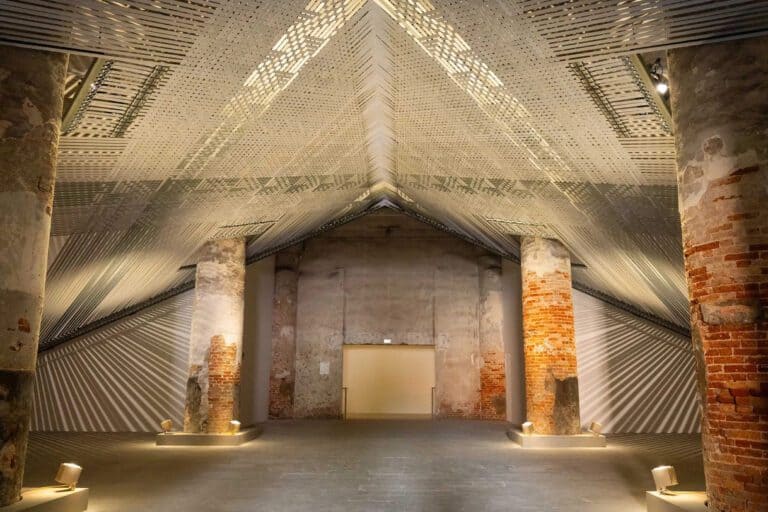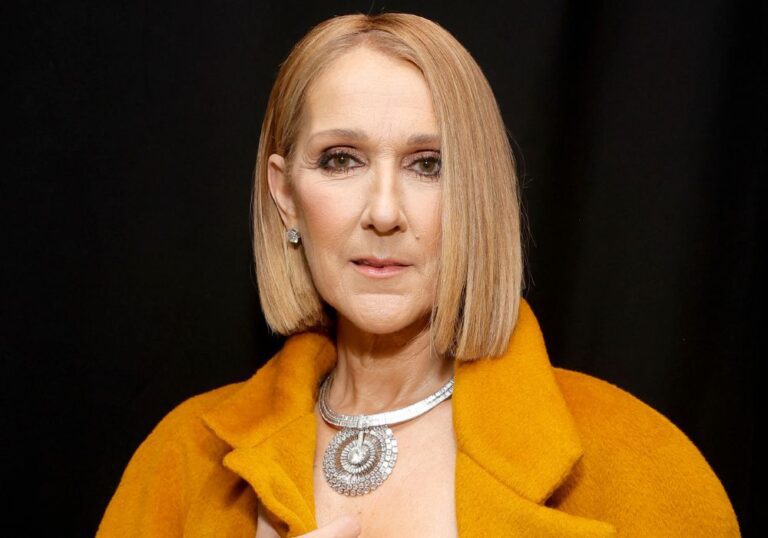For five years from 2010, television drama Downton Abbey ascended, almost imperiously, to the point of attaining cult status, as did its characters.
Perhaps it was the mystery, the intrigue, perhaps just the accessibility, or maybe, quite simply, in the social and economic climates of chaos that have enveloped us over the course of the past decade, we all just needed a generous dose of wild escapism.
Whatever the reason, a global fanbase was able to witness actress Michelle Dockery’s whirlwind elevation from British TV also-ran to arguably the ultimate doyenne of period drama dynamism.
And now, as Downton Abbey (the movie) goes through its final post-production checks prior to its mid-September release, we are to witness the resplendent reputations of those involved reprised, reinforced and revived.
‘A responsibility’ to return
Returning feels strange for Michelle Dockery, who admits she had already spent a large amount of time grieving Downton’s passing.
“When we completed filming at Highclere Castle after the final series the sadness swept over me,” she admits.
Read more:
The costumes are back! Take a tour of the Downton Abbey wardrobe
Maggie Smith ‘hates’ watching herself back on screen
“It was profound. It really felt like we were giving the house back to the owners and it was the final time we would ever get to enjoy it. It was an emotional ride but I suppose we always hoped there might be something more.
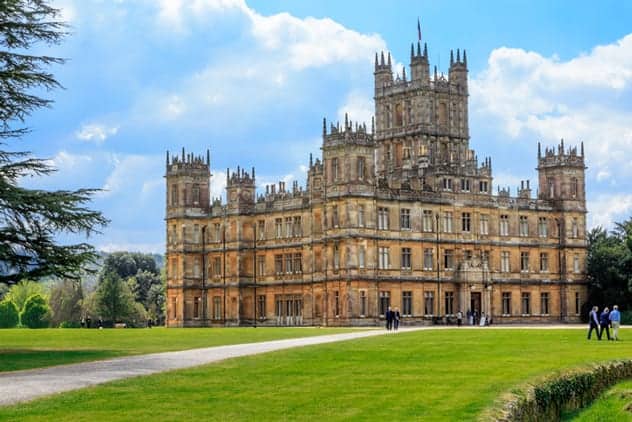
“When the offer to do it again came along it still wasn’t something I could just accept straight away,” she admits.
WIN: A Viking River Cruise valued at $20,000, including a visit to the real Downton Abbey in the UK
“Yet I very quickly I realised that, In many ways, I am a fan of Downton as well as a character in it. It’s down to all of us to keep things moving and to see where the story goes next, and that’s a pretty big responsibility to have.”
Already, it seems clear Downton’s rebirth won’t just stop at an elongated version of the TV series. Even before press interviews for the new movie, creator Julian Fellowes let slip that a sequel was already in the offing. “I haven’t killed off half the cast in a Coronation Street-style crash, so a follow-up is a definite possibility,” he admitted.
Downton Abbey is back – what to expect
What we know of the new movie is that the aristocratic Crawley family find themselves reuniting with their downstairs staff when the Earl of Grantham (Hugh Bonneville) is told George V and Queen Mary will be visiting.
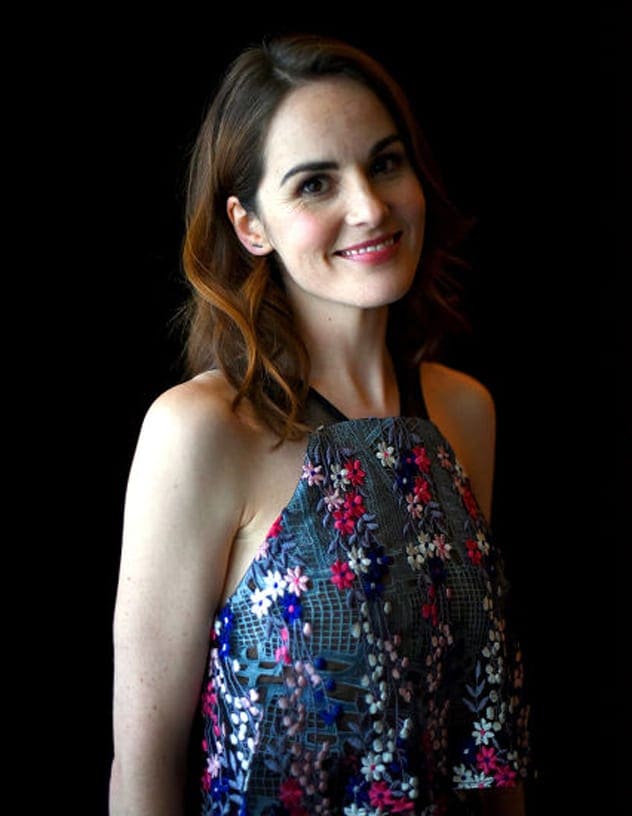
It’s 1927 and the house has been forced to tighten its purse strings, but former head butler Charles Carson returns to reassemble familiar faces, ensuring the iconic home’s hosting duties are undertaken impeccably.
Filming took the form of 143 scenes across 50 days, with Dockery – as Lady Jane (later Talbot) – and creator Julian Fellowes both admitting in interviews that the passing of time made it difficult to readily bring together a considerable cast, many of whom had progressed on to new projects in different corners of the world.
They needn’t have worried.
Despite many having tried to pigeon-hole Downton’s appeal, it is one of those dramas that just works, and it draws people in, just as it did right the way back to its refreshingly accessible debut series in 2010.
While period dramas and British television go hand-in-hand, Highclere Castle’s ability to shift further into the realms of intrigue, betrayal and lust saw its popularity soar way past any of its predecessors, with six series and 52 episodes screened in total.
Downton Abbey lives on
And it is that ability to shake up the period drama concept that is ultimately what has forged its success.
In its TV version it used soap opera actors in serious drama, enveloped fast-paced storylines with longer-running ‘slow burners’, and even embraced an advert-interrupted Sunday night broadcast slot.
All of these were moves staunchly against the typically sluggish BBC fayre that had dragged this genre across British screens for decades.
As a concept, it proved that modern producers could cast drama of any subject to a thirsty audience if the presentation and delivery was strong.
And while top-ranking celebrity fans of the ilk of Julianne Moore, Tom Ford and Gary Oldham have all clamoured over Downton’s beauty, so too has its accessibility crossed over as many varying social classes as you’d find present at Highclere Castle itself.
“I worked with Julianne on Non-Stop and every time I came on set she was tapping me up for information,” Dockery laughs. “I have always been in such awe of Julianne, and for her to be a fan of the show, it was just brilliant.
“Gary Oldman was another one. It was at an event in New York and I was standing there with Laura Carmichael and he strode over and just launched into how much he loved the show. That was amazing.
“I was blind-sided too by Tom Ford, before I even got to tell him how much I loved his clothes! He was like, ‘Great work on Downton!’ I know, as a proud actress, you’re meant to just brush these things off, but there are times when you just have to take the praise and be glad of it.”
While as a TV entity, it was felt in 2015 that Downton had run its course, the way American audiences embraced the concept fuelled the prospect of a film version, and in Tinseltown reality is never far behind concept.
Downton: A global love affair
Consider as well the clamour to get access to The Exhibition. Its opening in New York followed Singapore’s lead, and while the recreation of Downton sets, from Lady Mary’s bedroom to Mr Carson’s pantry to the servants’ quarter provided an incentive to visit, what people were paying to see essentially amounted to a museum of early 20th century stately home artefacts. Regardless, the touring showcase proved hugely popular. Its next stop was Florida and this year it arrived in Boston.
“I think when America fell in love with Downton, that’s when we realised just how big the whole thing had become,” the 37-year-old actress admits. “You can’t really get any bigger than that, so much so that The Exhibition almost felt like it was at home even though it was several thousand miles away.”
Taking on the big screen
Downton now joins an exclusive list of TV dramas that have been reinvented in film.
From Sex and the City to Charlie’s Angels, Miami Vice to Mission: Impossible, The Addams Family to South Park, the opportunity very often proves itself worthy of outweighing the risk.
In this instance, Dockery believes the movie’s success will come down to scriptwriting expertise, just as it did its TV predecessor. “Unless you have something totally solid in script and in plot, you have nothing.
“Julian Fellowes is such a remarkable scribe who can give 23 different characters full-bodied, soulful profound funny storylines – it is all testament to his talent. He’s extraordinary.”
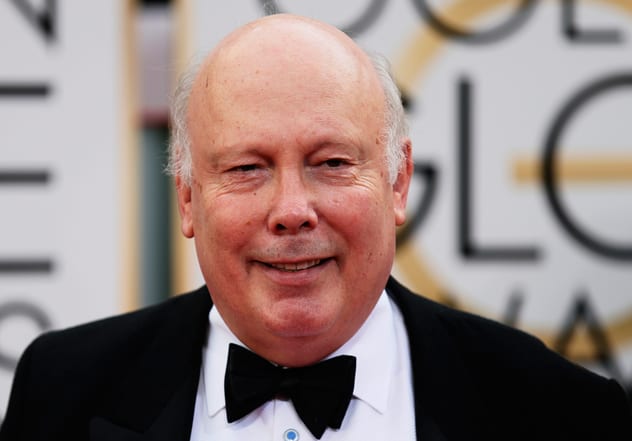
What Downton ultimately offers audiences is a connection to the past and a place at the top table of old-fashioned England, at a time when so much of what we know now was being created, from the Industrial Revolution, post-Edwardian sensibilities and the gradual blurring of social class boundaries.
“I think people are comforted by it,” she says. “They love the nostalgia for the show, the period… a time when life seemed much simpler, and it’s probably the last time it was like that. People back then just got on with it and went about their lives in relatively straightforward ways. Perhaps there was a lot to be said for that, after all.
“What Downton offers to its audience is a really solid outer shell of society, but delve inside and people will tell you they watch it for this character or that… they watch it for Maggie’s one-liners, they watch it for the costumes. It’s whatever everyone feels.
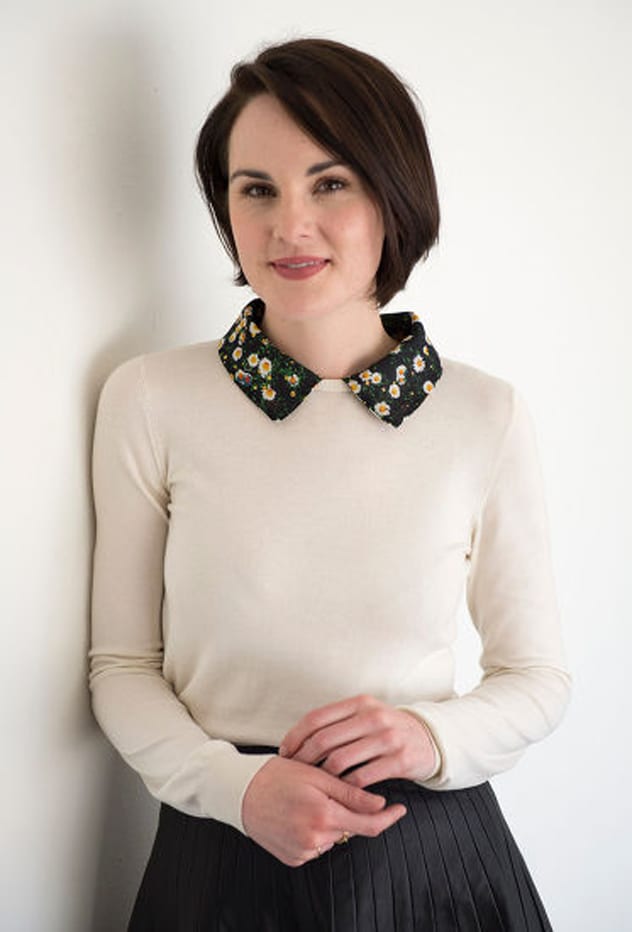
“Almost right from the start, Downton struck a chord with people and we would never have expected it. It was a wonderful opportunity to do the show, and the movie gives me exactly the same great feeling.”
While Lily James and Sue Johnston appear to have missed out, Dockery’s involvement in the project was absolutely pivotal – and the lure of Downton was irresistible, despite the negative publicity that can accompany actors winding back the clock to revive past glories.
“It is an amazing thing to be a part of but it doesn’t define us entirely, just as other seminal dramas and films don’t exclusively define other actors and actresses. It’s not something I worry about – though I appreciate the hesitation some feel towards going back to an old project.
“I am comfortable because I have done a lot of work outside of period dramas, from TV to stage productions, so I am clear of my motives and incentives.”
By the same token, Dockery, who almost quit in 2013, never especially sought out roles since the cessation of the TV series, instead taking time away from major projects.
She admits there was a sense of freedom, but she missed the security. “With Downton, you knew you had something to do every year, and losing that was a little terrifying… I’m a working actor, after all,” she laughs.
Perhaps it was more the tragic, untimely passing of her fiancé John Dineen in December 2015 that left her with an inherent yearning to re-centre.
Her work schedule was rebuilt via a sensational portrayal of Diana Christiansen in Network, in London’s West End, and for a long time that was commitment enough.
“Through everything though, I don’t think that there was a day that went by where someone didn’t ask if there was going to be a film of the TV series made.
“To get this movie made means, for a short time at least, the questions will stop!”


